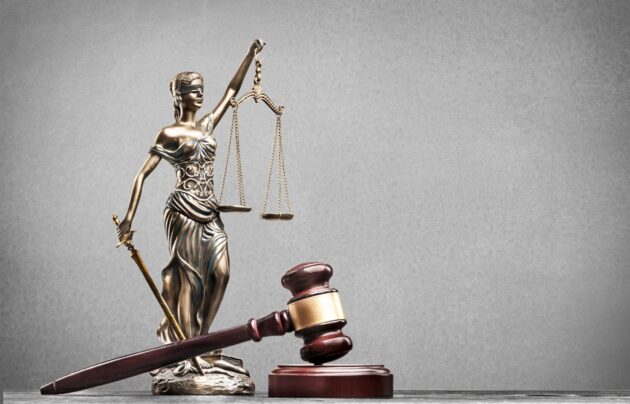Public procurement in Kenya plays a central role in the economy, with billions of shillings in contracts awarded annually for infrastructure, services, and supplies. However, with such high stakes, tendering processes often spark disputes between bidders, government agencies, and oversight bodies. For businesses and institutions, knowing how procurement disputes are handled can make the difference between protecting an investment and losing valuable opportunities.
What is a Procurement Dispute?
A procurement dispute arises when a bidder or contractor challenges the process or outcome of a public tender. Common issues include unfair disqualification, non-compliance with procedures, unlawful termination of contracts, or disputes over tender validity periods. These disputes typically begin at the Public Procurement Administrative Review Board (PPARB) but may extend to the High Court, Court of Appeal, or even arbitration panels.
Why Procurement Law Matters


How Procurement Disputes Are Resolved
Practical Tips for Businesses
Always review tender documents carefully and ensure strict compliance with requirements.
Keep clear records of all submissions and communications during the tendering process.
Engage legal counsel early to evaluate the strength of your case before filing a review.
Be aware of statutory timelines, as procurement cases are bound by strict deadlines.
Conclusion
Procurement disputes are an unavoidable reality for businesses engaging with government contracts in Kenya. However, with the right legal guidance, companies can not only protect their interests but also hold procuring entities accountable to the law. At M & E Advocates LLP, we specialize in public procurement and dispute resolution, offering clients clarity, strategy, and results when navigating this complex field.
Public procurement in Kenya plays a central role in the economy, with billions of shillings in contracts awarded annually for infrastructure, services, and supplies. However, with such high stakes, tendering processes often spark disputes between bidders, government agencies, and oversight bodies. For businesses and institutions, knowing how procurement disputes are handled can make the difference between protecting an investment and losing valuable opportunities.
What is a Procurement Dispute?
A procurement dispute arises when a bidder or contractor challenges the process or outcome of a public tender. Common issues include unfair disqualification, non-compliance with procedures, unlawful termination of contracts, or disputes over tender validity periods. These disputes typically begin at the Public Procurement Administrative Review Board (PPARB) but may extend to the High Court, Court of Appeal, or even arbitration panels.
Why Procurement Law Matters


How Procurement Disputes Are Resolved
Practical Tips for Businesses
Always review tender documents carefully and ensure strict compliance with requirements.
Keep clear records of all submissions and communications during the tendering process.
Engage legal counsel early to evaluate the strength of your case before filing a review.
Be aware of statutory timelines, as procurement cases are bound by strict deadlines.
Conclusion
Procurement disputes are an unavoidable reality for businesses engaging with government contracts in Kenya. However, with the right legal guidance, companies can not only protect their interests but also hold procuring entities accountable to the law. At M & E Advocates LLP, we specialize in public procurement and dispute resolution, offering clients clarity, strategy, and results when navigating this complex field.

